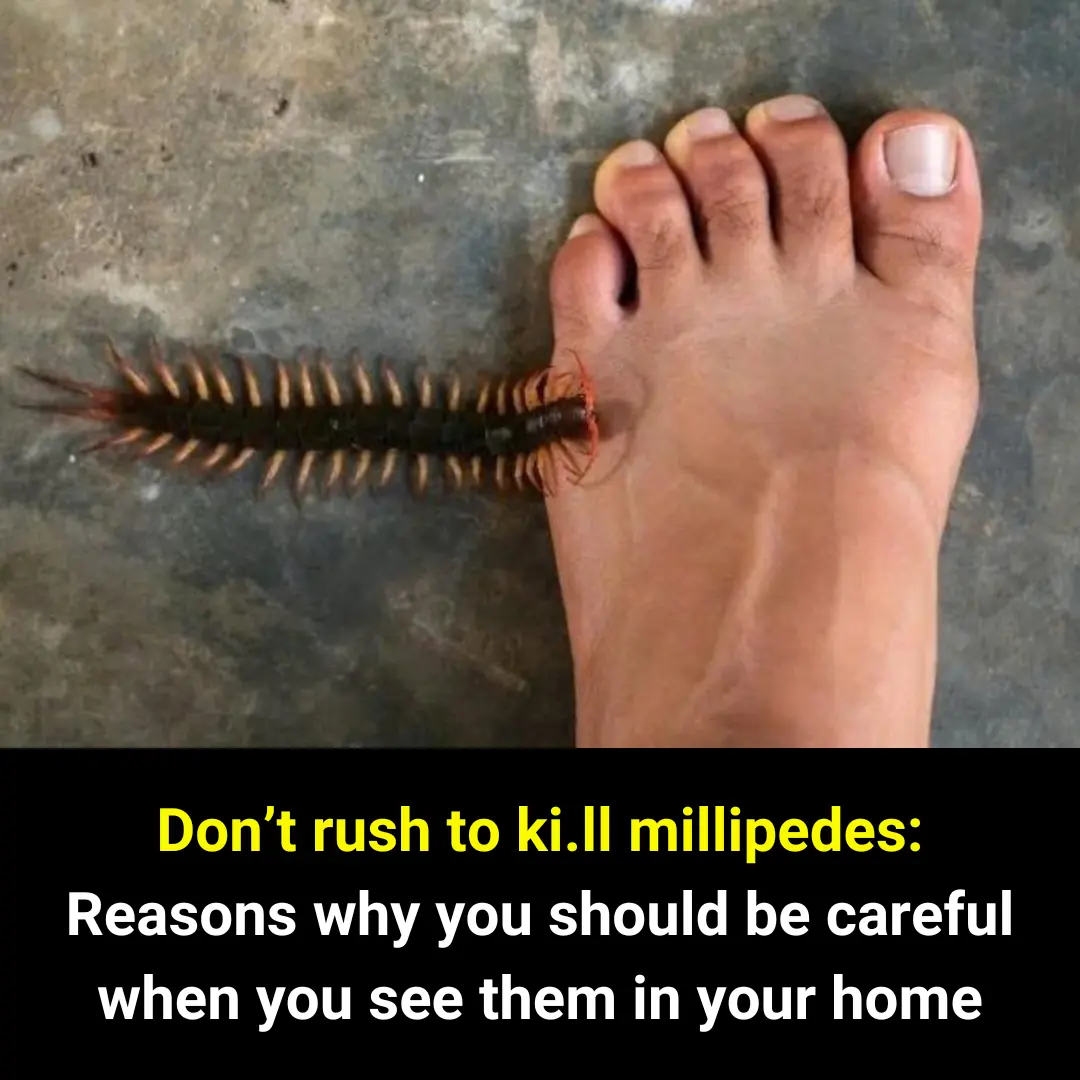It is best not to kill millipedes because they are beneficial decomposers that enrich soil, and they pose minimal threat to humans and pets. In most cases, finding millipedes indoors is a temporary nuisance that can be resolved with non-lethal methods.
Environmental benefits
Millipedes provide important ecological services by breaking down decaying matter.
- Enrich soil: They eat decomposing leaves, wood, and other dead plant material, converting it into nutrient-rich organic matter that fertilizes the soil. Their digestive process and movement help improve soil structure and aeration.
- Prevent pest problems: By feeding on rotting material, they help clean up the environment. Some species may also consume harmful insect eggs, slugs, and snails, which can help control pests.
- Support healthy ecosystems: Millipedes are a food source for many animals, including reptiles, birds, and other invertebrates.
Minimal threat to humans and pets
Despite their alarming appearance, millipedes are non-aggressive creatures with limited defense mechanisms.
- Non-venomous: They do not bite or sting. When threatened, their primary defense is to curl into a tight coil to protect their soft underside.
- Harmless indoors: Millipedes thrive in moist environments and cannot survive for long inside a dry house, so any that find their way inside will likely die on their own. The primary indoor risk is the odor and potential staining from crushing them.
- Defensive secretions: Some species can excrete a mildly irritating, foul-smelling fluid. This fluid is not dangerous, but it can cause temporary skin irritation or discoloration, especially if it gets into the eyes. It is best to avoid handling them with bare hands.
Non-lethal pest control
If you are finding millipedes indoors, killing them is rarely the most effective solution, as new ones will simply replace them if the source of the problem is not addressed.
- Reduce moisture: Use a dehumidifier in damp areas like basements and crawl spaces. Check and repair leaky pipes and faucets.
- Seal entry points: Caulk and seal cracks in your foundation, around windows, and under doors. Use door sweeps on exterior doors.
- Clean outdoor debris: Clear away leaf litter, thick mulch, and rotting wood from around the foundation of your home. A gravel barrier can also help.
- Manual removal: Use a broom and dustpan or a vacuum cleaner to sweep up any millipedes you find indoors. Dispose of them outside.



